The scientists from the UAB’s (University of Alabama at Birmingham) School of Public Health have conducted that states geographical area is the strongest connect of high-intensity statin usage subsequent to a heart attack, causing a large disparity for treatment. As per the study, the regional variations in the plan of care and health results in the U.S. have been registered for cardiovascular diseases and other health conditions for years. The research was published in the journal JAMA Cardiology. The research was carried to study a variation in high-intensity statin use with geographic region and analyze hospital and patient characteristics and the relative contributions by geological region in a contemporary group of patients discharged following a heart attack.
Vera Bittner—Professor of Medicine at the UAB—asserted, “The important aspect we wanted to study was the main thing that leads to variation in high-intensity statin usage following heart attacks amongst older adults. Following analysis, Bittner and her panel found out that high-intensity statin claims subsequent to heart attacks changed widely by region—while the greatest use was done in New England and the lowest use in the South—after accounting for the number of academic hospitals that were likely to recommend more high-intensity statins in the Northeast.
On a related note, recently, a study showed that unfilled recommendations for new and more costly cholesterol medications were linked with higher heart and stroke jeopardy. According to a new study, people were at higher risk of stroke or heart problems when recommendations for the new cholesterol-lowering medications were rejected by insurance firms or unfilled by patients. The study was published in the AHA’s (American Heart Association) journal Circulation: Cardiovascular Quality and Outcomes. If their prescription was rejected or unfilled for almost 1 Year of treatment, the patients were 16% more likely to experience cardiovascular incident (like unstable angina, heart attacks, coronary bypass surgery, cardiac arrest, angioplasty, and stroke or heart disease due to blocked arteries).


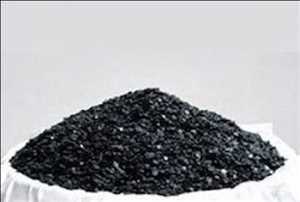
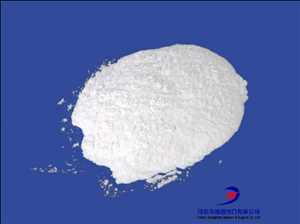


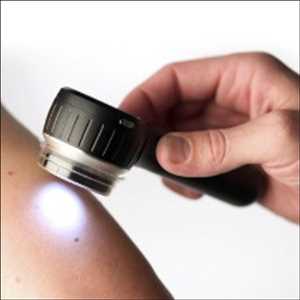
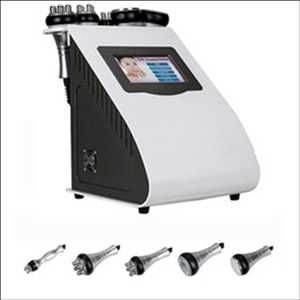
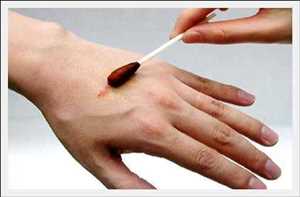

Be First to Comment